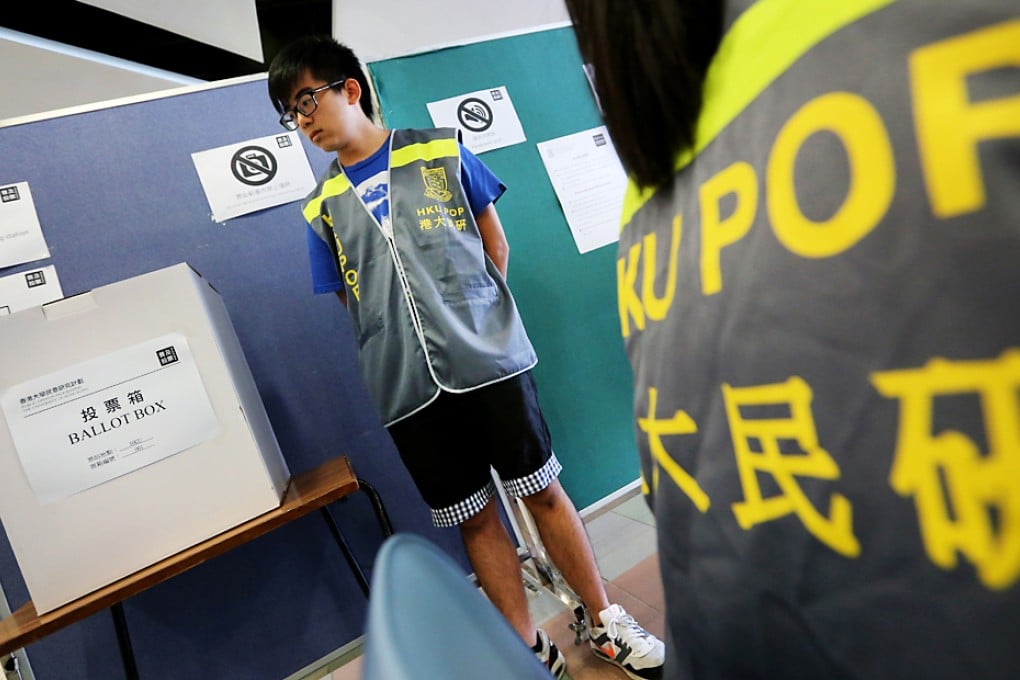'Referendum' organisers to extend poll after cyberattacks on electronic voting system
Organiser Benny Tai Yiu-ting says the attacks might be launched by those 'who don't want to see real universal suffrage' in Hong Kong

Organisers of Occupy Central say they will extend voting on Friday’s “referendum” on electoral reform from three days to 10 days after its electronic system was targeted by hackers.
The system, set up to accept advance registrations, has been hit by more than 10 billion cyberattacks since it was launched last week.
The civil disobedience movement was not the only victim of the attacks. Chinese-language newspaper Apple Daily – known for its pro-democracy stance – was also brought down by hackers.
And the attacks were of the same type – distributed denial-of-service (DDoS) – in which the server of a website is besieged by demands to access the site.
Access to the online editions of Apple Daily in Hong Kong and Taiwan was limited yesterday and it instead relied on content uploaded to social media before normal service resumed after a 12-hour disruption.
Professor Benny Tai Yiu-ting, one of the founders of Occupy Central, said there was “reason to suspect” that government bodies were behind the hacking activities and that the attacks must have come from “a political power which doesn’t want to see universal suffrage being implemented in Hong Kong”.
University of Hong Kong chief pollster Dr Robert Chung Ting-yiu, who was commissioned by Occupy Central to handle the June 20-22 “referendum”, said voting would be extended after hackers paralysed the online platform.